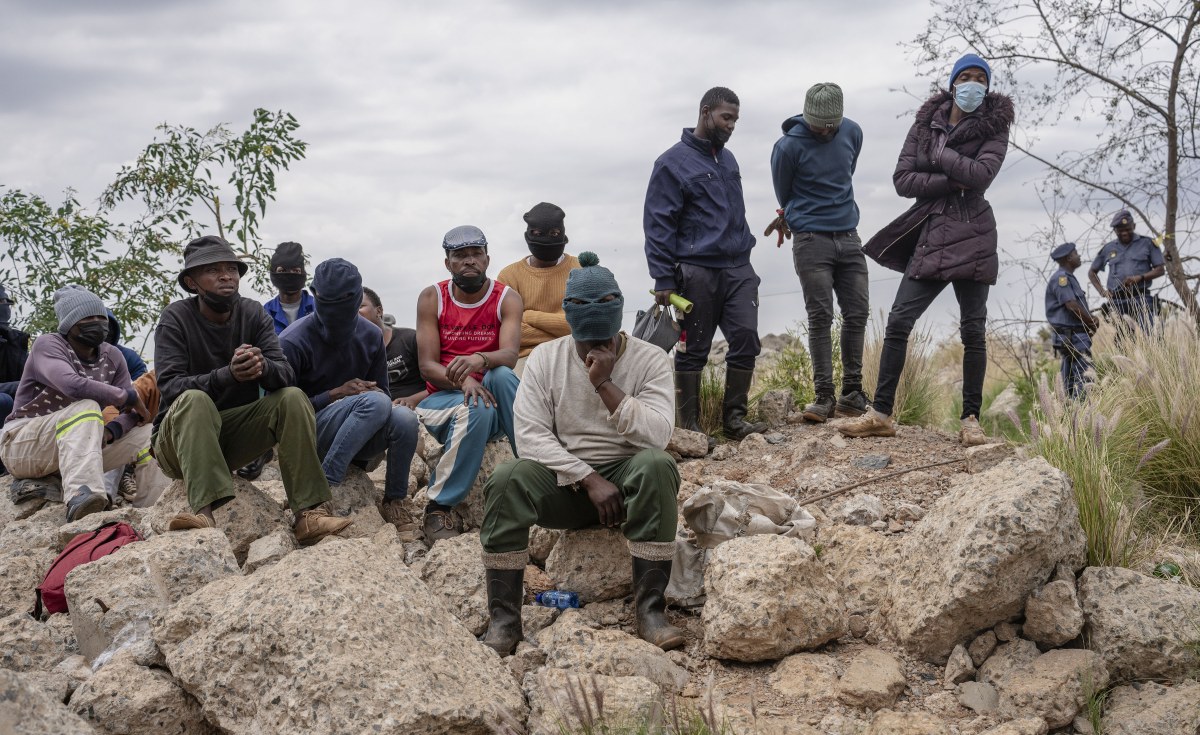Thirty-five years old Halima* is a disabled mother of six children whose family lost all their livestock early last year due to the prolonged drought that affected not only her family but their entire community. Before the drought hit their village, Halima*s family were pastoralists – they owned 50 goats, their source of income and livelihood.
Halima* and her family decided to move in search of humanitarian assistance and arrived in Galmudug state while she was eight months pregnant. The family settled in one of the villages in Galmudug state, where they were supported by being provided with a temporary makeshift house by the neighbours.
One day Halima* visited a local hospital where Save the Children and the government of Somalia are implementing the SAGAL project funded by the European Union that supports pregnant and lactating women with a monthly cash-based social transfer. Halima* was admitted to antenatal care (ANC) and was referred to the SAGAL programme. After being enrolled, she started benefitting from SAGAL social transfer from October last year until September 2023. She had made savings from her monthly entitlements. This allowed her to upgrade her house so that her children could have proper housing.
How is Save the Children helping (or did we help) that child or family:
Save the Children, through the Somali Cash Consortium, started to implement the government-led SAGAL social protection project in Galmudug state by providing the social transfer scheme targeting pregnant women, elderly at higher risk of contracting COVID-19, and People Living with Disabilities in 2021. Halima* is benefiting from a monthly cash transfer of $US 20 for a period of 2 years.
She has also received a shock-responsive safety net assistance of $US 40 a month for a period of two months to mitigate the impact of the drought. She saved up her monthly cash transfer and was able to build a semi-permanent iron sheet house to protect her children.
“My name is Halima* I am a 35-year-old mother of 6 children: three girls and three boys, aged between 13 and six months. I, together with my husband and children, live in Galmudug state.
We moved here after losing our livelihood due to the drought we experienced for many months. In our village, there are recurring clan conflicts. Hence we had no choice but to move so that we could find something to survive on as we lost all that we owned.
What has changed?
“When we arrived here, we hardly knew anyone, and it was a bit tough to survive, but I am glad the government, the European Union and Save the Children were able to support us with cash-based social transfers at the most needed time, and I was able to start paying household expenses, send children to school by paying for their school fees and pay bills.
“Since I received cash-based assistance, our life has changed gradually, and I feel better with the increased household income. I am confident enough to save up and was able to start establishing our semi-permanent home so that I would be self-reliant and adapt to climate shocks.
“I gave birth at the hospital without complications and am glad to have received care and support without paying for it. I am connected to the hospital and usually track my health status. Giving birth at the health facility is better than the traditional way where the midwiferies may encounter a problem during the delivery.
All my children benefited from the health facility services, including nutrition supplements, vaccines, and outpatient consultations.
Worries and Hopes
“I have lost my livestock due to drought and had no other source of income, and sometimes my children used to go to bed without eating.
Now I hope to continue managing our daily life with the support from MoLSA and SCI to cover our basic needs and pay my children’s school fees.”
Background / Project information
Through the EU-funded SAGAL project, implemented by the Ministry of Labour and Social Affairs (MoLSA), the Somali Cash Consortium and Save the Children provide social transfers to vulnerable pregnant and lactating women supporting early childhood development in the first 1,000 days of life with cash-based social transfers and access to health and nutrition services. Halima and her family are among more than 20,000 families who receive regular, predictable, and reliable social transfers with a value of $US 20 per month as part of one of the four social transfer models as part of the SAGAL program.
*Names changed to protect identity.










